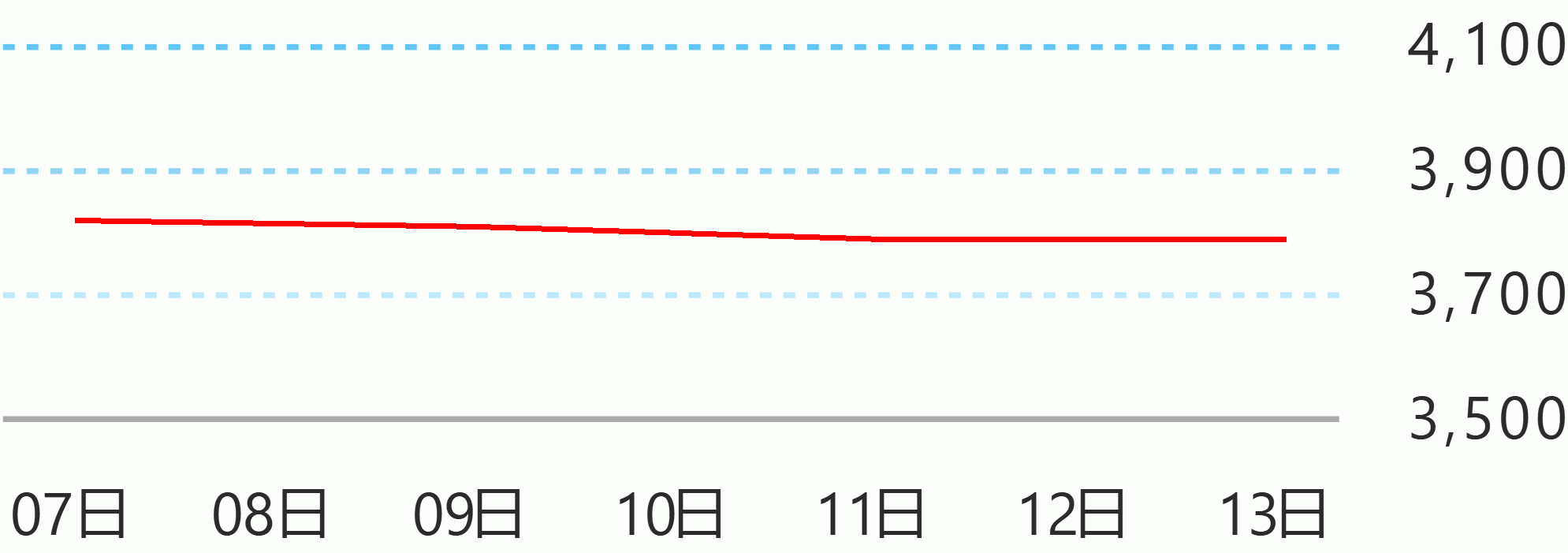President Rodrigo Duterte has maintained Metro Manila under general community quarantine but it could be placed under a stricter quarantine measure after two weeks if cases of new coronavirus continue to surge.
Duterte met Wednesday night in Malacañang some members of the Inter-Agency Task Force for the Management of Emerging Infectious Diseases along with some health experts from the University of the Philippines.
In the taped televised meeting, Presidential Spokesperson Harry Roque, who read the newly approved quarantine classification, said that Cebu City has been placed under modified enhanced community quarantine, a less stringent classification.
Prior to MECQ, Cebu City had been under ECQ or lockdown for one month.
The new classification takes effect on July 16 until July 31.
Roque said that during the meeting, the UP experts recommended that the National Capital Region be reverted to MECQ "to slow down" the spread of the virus.
"The President agreed," he said.
But Roque noted that National Task Force Against COVID-19 Chief Implementer Carlito Galvez Jr. and Interior and Local Government Secretary Eduardo Año appealed to Duterte as the mayors in Metro Manila promised to further strengthen their localized lockdowns, testing, tracing, and treatment of COVID-19 patients, and to expand further the restrictions under GCQ.
"So, the President agreed not to bring back yet Metro Manila in MECQ in the next two weeks. But it was clear in the discussion that if they fail to slow down the spread of COVID in Metro Manila, it's possible to go back in MECQ after two weeks," he said.
"So, Metro Manila will remain under GCQ following a lengthy discussion," he said.
Thus, Roque said the government is urging the residents in Metro Manila to observe the minimum health protocols, such as social distancing, wearing of face mask, and hand washing, and to take care of their health in order for the businesses to be operational.
Under MECQ, business establishments, except those essential, stop their operations as movement of the people is restricted. Public transportation is also not allowed.
Meanwhile, Cebu City is the only area in the country placed unded MECQ.
Also placed under GCQ are Laguna, Cavite, and Rizal for Region IV-A; Lapu Lapu City, Mandaue City, Talisay City, Minglanilla, and Consolacion, all in Cebu province for Region VII; Ormoc City and Southern Leyte in Region VIII; Zamboanga City in Region IX; Butuan City and Agusan del Norte in Region XIII; and Basilan in Bangsamoro Autonomous Region in Muslim Mindanao.
The areas placed under modified general community quarantine "medium risk" are
CAR ? Benguet and Baguio City; Region I ? Ilocos Sur, Pangasinan, Ilocos Norte, La Union, and Dagupan City; Region II ? Cagayan, Isabela, and Nueva Vizcaya; Region III ? Bataan, Nueva Ecija, Pampanga, Bulacan, Tarlac, Zambales, and Angeles City; Region IV-A ? Batangas, Quezon, and Lucena City; Region IV-B ? Oriental Mindoro, Occidental Mindoro, and Puerto Princesa City; Region V ? Albay, Masbate, Camarines Norte, Camarines Sur, Catanduanes, Sorsogon, and Naga City; Region VI ? Iloilo, Negros Occidental, Capiz, Antique, Aklan, Guimaras, Iloilo City, and Bacolod City; Region VII ? Negros Oriental, Bohol and Cebu Province; Region VIII ? Western Samar, Leyte, Biliran, and Tacloban City; Region IX ? Zamboanga del Sur, Zamboanga Sibugay, and Zamboanga del Norte; Region X ? Misamis Occidental, Bukidnon, Lanao del Norte, Cagayan de Oro City, and Iligan City; Region XI ? Davao Oriental, Davao del Norte, Davao del Sur, Davao de Oro, and Davao City; Region XII ? Sultan Kudarat, Cotabato, South Cotabato, and General Santos City; Region XIII - Agusan del Sur, Dinagat Islands, Surigao del Norte, and Surigao del Sur; and BARMM ? Lanao del Sur and Maguindanao.
Roque said in the areas under MGCQ medium risk, the local government units still need to implement "granular or localized lockdowns," zoning, and strict enforcement of minimum health protocols.
They should also continue to accept locally stranded individuals and returning overseas Filipinos and placed them under quarantine and if possible give them RT-PCR testing, he said.
Roque said the areas, which he did not mention, are placed under "low risk" MGCQ.
"Even if they are low risk MGCQ, we are still under quarantine. There's still a need to wear mask, wash hands, and observe social distancing. There's still a need to take care of our lives for our livelihood," he said. Celerina Monte/DMS





 English
English









